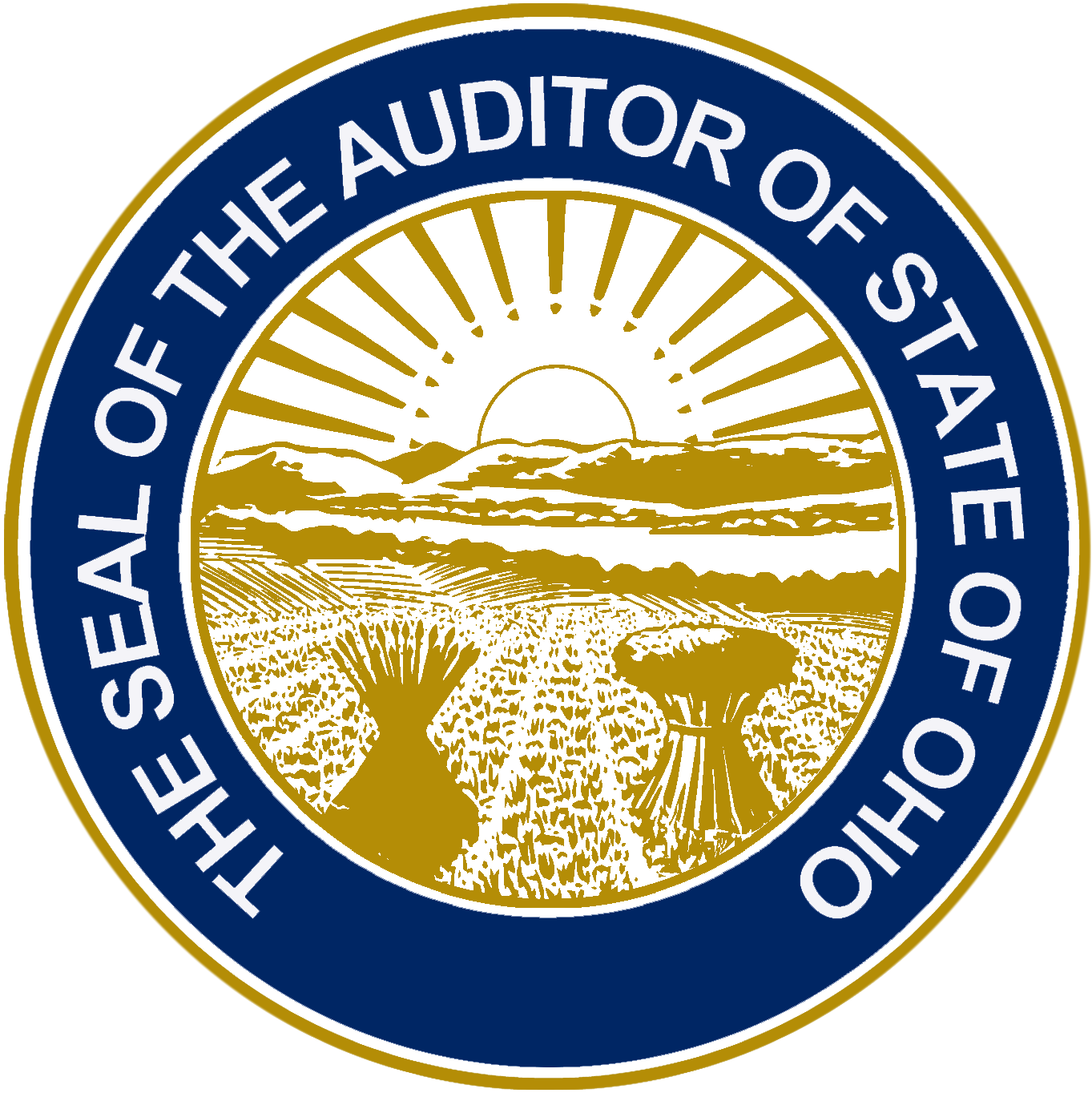
Press Release • Ohio Auditor of State
Public Interest Audit Recommends Better Tracking of ODJFS Workforce Development Programming, Funding
For Immediate Release
COLUMBUS – The Ohio Department of Job and Family Services (ODJFS) should collect and analyze additional information about federally funded workforce development programs to better track their effectiveness in securing employment for out-of-work residents, according to a report released Thursday by Auditor of State Keith Faber.
The Audit in the Public Interest of the ODJFS Office of Workforce Development and regional Workforce Development Boards also recommended the establishment of a central database of programming available through local OhioMeansJobs centers, as well as better tracking and verification of required work-search activities for those receiving unemployment assistance.
“One thing I’ve heard repeatedly from employers is the difficulty they have finding skilled workers to fill open positions,” Auditor Faber said. “We need to do a better job of tracking how public funds are being spent to help out-of-work Ohioans find and keep jobs to ensure those public resources are being used effectively.”
The Auditor of State’s Office has released several reports related to ODJFS since 2021, including audits conducted in response to fraudulent unemployment compensation claims issued during the COVID-19 pandemic.
Earlier audits raised additional questions related to ODJFS and workforce development efforts, prompting the Auditor of State’s Ohio Performance Team (OPT) to launch a review of programming, funded through the federal Workforce Innovation and Opportunity Act, that provides job search assistance, career counseling, and training for Ohioans.
The agency is required to report certain details about how those funds are being spent, in accordance with federal law. However, OPT found that additional information could be collected to better gauge the effectiveness of workforce programs.
Thursday’s audit found that “ODJFS does not centrally track programs, partners, or services located at individual workforce development centers. This makes it difficult to compare how accessible programs are for individuals across the state.”
Part of the challenge, OPT found, is that workforce programming is offered through regional offices, with no central database of programs, partners, and services.
Among other recommendations, Thursday’s report urged:
The centralized collection of financial data from local workforce areas, to assist in making improvements and ensuring programs are helping Ohioans find and keep jobs.
Active, real-time tracking of work-search activities to ensure out-of-work residents are meeting program requirements.
Further study of the restructuring of local workforce development areas to best meet the needs of residents in different parts of the state.
“There are jobs available across the state right now,” Auditor Faber said. “We should be doing everything in our power to help Ohioans looking for work to find and keep those jobs. We need a better understanding of whether our existing workforce development programs are effective or if improvements need to be made.”
A copy of the full report is available online at https://ohioauditor.gov/performance.html.
###
The Auditor of State’s office, one of five independently elected statewide offices in Ohio is responsible for auditing more than 5,900 state and local government agencies. Under the direction of Auditor Keith Faber, the office also provides financial services to local governments, investigates and prevents fraud in public agencies, and promotes transparency in government.